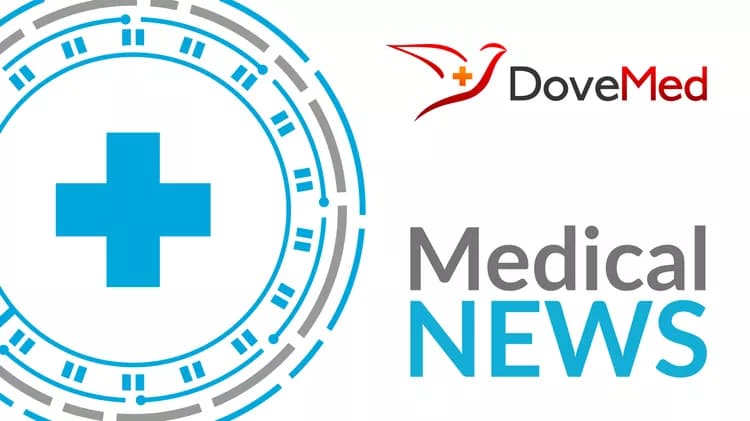
Do People Who Exercise More Have A Lower Risk Of ALS?
EMBARGOED FOR RELEASE UNTIL 4 P.M. ET, WEDNESDAY, JUNE 26, 2024
MINNEAPOLIS – Moderate levels of physical activity and fitness may be linked to a reduced risk of amyotrophic lateral sclerosis (ALS) later in life, according to a new study published in the June 26, 2024, online issue of Neurology®, the medical journal of the American Academy of Neurology. The study only found an association between physical activity and risk of ALS in male participants, not female participants.
ALS is a rare, progressive neurodegenerative disease that affects nerve cells in the brain and the spinal cord. People with ALS lose the ability to initiate and control muscle movement, which often leads to total paralysis and death. The average life span after diagnosis is two to five years.
“The diagnosis of prominent athletes with ALS at young ages has sparked the uncomfortable idea that higher physical activity could be tied to developing ALS,” said study author Anders Myhre Vaage, MD, of Akershus University Hospital in Norway. “There have been conflicting findings on levels of physical activity, fitness and ALS risk. Our study found that for men, living a more active lifestyle could be linked to a reduced risk of ALS more than 30 years later.”
For the study, researchers looked at 373,696 people in Norway with an average age of 41. They were followed for an average of 27 years.
Of the total participants, 504 people developed ALS. Of those who developed ALS, 59% were male participants.
Participants recorded their level of physical activity for the past year into one of four categories: sedentary; a minimum of four hours per week of walking or cycling; a minimum of four hours per week of recreational sports or heavy gardening; or participation in hard training or sports competitions regularly, several times a week. Due to few participants with the highest level of physical activity, researchers combined the third and fourth categories into one high activity group.
Researchers found that of the 41,898 male participants that had the highest level of physical activity, 63 developed ALS; of the 76,769 male participants with the intermediate level of physical activity, 131 developed ALS; and of the 29,468 male participants with the lowest level of physical activity, 68 developed ALS.
After adjusting for other factors that could affect the risk of ALS, such as smoking and body mass index, researchers found that for male participants, when compared to those with the lowest level of physical activity, those with moderate levels of physical activity had a 29% lower risk of ALS and those with high levels of physical activity had a 41% lower risk of ALS.
Researchers also looked at resting heart rate. Men in the lowest of four categories of resting heart rate, which indicates good physical fitness, had a 32% reduced risk of ALS compared to those with higher resting heart rates.
“Our findings show that, for men, not only do moderate to high levels of physical activity and fitness not increase the risk of ALS, but that it may be protective against the disease,” Myhre Vaage said. “Future studies of the connection between ALS and exercise are needed to consider sex differences and higher or professional athlete physical activity levels.”
A limitation of the study was that the physical activity questionnaire was completed only at one specific time during the study, so it may not have captured the participants’ exercise levels over the nearly 30-year span of the study.
Learn more about ALS at BrainandLife.org, home of the American Academy of Neurology’s free patient and caregiver magazine focused on the intersection of neurologic disease and brain health. Follow Brain & Life® on Facebook, X and Instagram.
When posting to social media channels about this research, we encourage you to use the hashtags #Neurology and #AANscience.
The American Academy of Neurology is the world's largest association of neurologists and neuroscience professionals, with over 40,000 members. The AAN’s mission is to enhance member career fulfillment and promote brain health for all. A neurologist is a doctor with specialized training in diagnosing, treating and managing disorders of the brain and nervous system such as Alzheimer's disease, stroke, concussion, epilepsy, Parkinson's disease, multiple sclerosis, headache and migraine.
For more information about the American Academy of Neurology, visit AAN.com or find us on Facebook, X, Instagram, LinkedIn and YouTube.
JOURNAL
Neurology
Related Articles
Test Your Knowledge
Asked by users
Related Centers
Related Specialties
Related Physicians
Related Procedures
Related Resources
Join DoveHubs
and connect with fellow professionals

0 Comments
Please log in to post a comment.